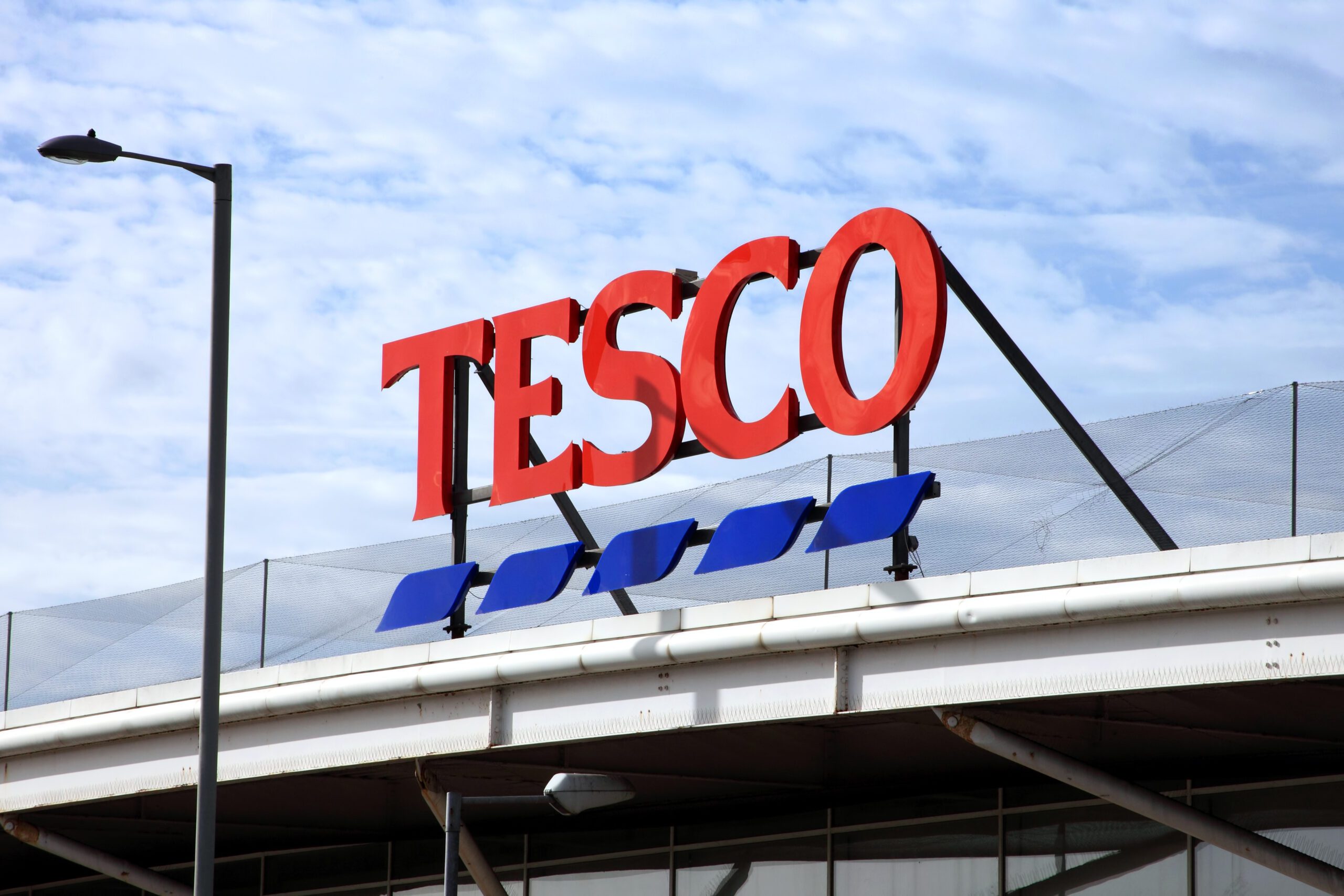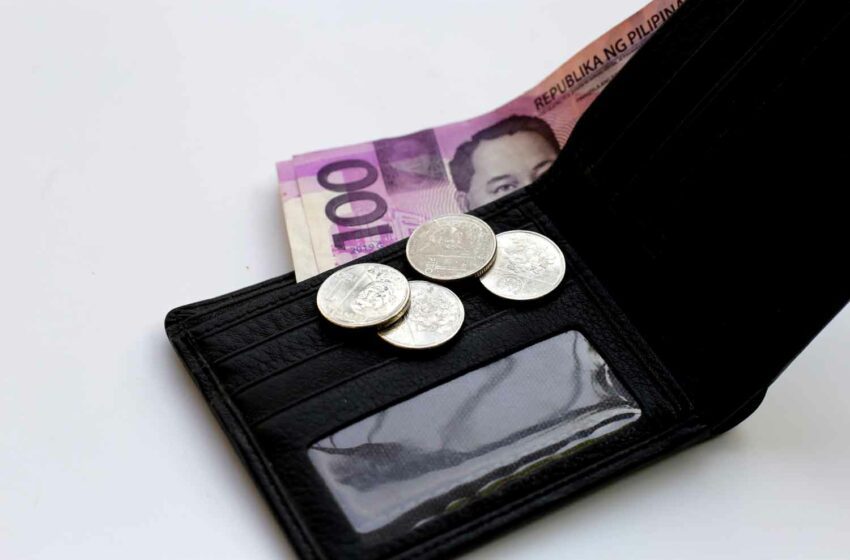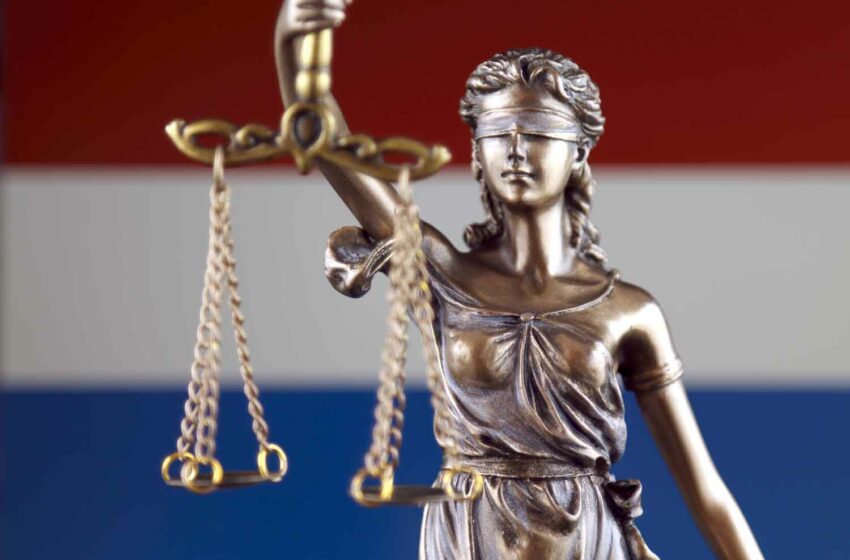The UK government could raise an additional £500 million a year from tobacco products if it capped the price and profits that tobacco manufacturers could charge and make, according to a feasibility study published by Tobacco Control.
The additional revenue, which would be acquired without increasing prices to consumers, would be sufficient, the authors of the study say, to fund twice over the UK’s tobacco smuggling control measures and smoking cessation services in England.
The study envisages the setting up of a regulator similar to those that are supposed to control the prices of energy charged by private utility companies. The regulator would be called ‘OfSmoke’.
The UK’s tobacco industry, the authors said, was very profitable, with the largest player, Imperial Tobacco, accounting for more than 44 per cent of the tobacco market in 2010, and enjoying a profit margin of 67 per cent (net revenue of £911 million; operating profits of £614 million). The other major players, Japan Tobacco International, represented by its Gallaher subsidiary; Phillip Morris International; and British American Tobacco, were said also to enjoy ‘healthy’ profits.
‘Taking the RPI-X price cap regulation system, which is widely used in the utilities sector, as a model, companies would be able to charge a price high enough for them to make enough profit to cover their legitimate costs and still make a small return,’ Tobacco Control said in a press note.
‘To come up with an appropriate level of profitability for tobacco companies, the authors used the profit margins of European firms operating internationally in highly competitive consumer staples markets. These were between 12 per cent (best case) and 20 per cent (worst case scenario) before deduction of taxes, interest, etc.
‘They then looked at the operating costs of UK regulators for services, such as water supply and the rail network, to calculate the equivalent costs for the tobacco regulator – “OfSmoke” – and came up with estimates of between £15 million (best case) and £45 million (worst case scenario) for both 2009 and 2010.
‘Lastly, they took account of deductions for corporation tax – 28 per cent of profits in 2009/10 – to cover the costs of regulation.
‘In the final analysis, their calculations indicated a total fall in industry profits of £664.7 million and £617 million respectively in 2009 and 2010, for the worst case scenario, and of £834.2 million and £782.5 million respectively for the best case.
‘After taking account of regulatory costs, this would leave scope to raise the proportion of revenue the government receives in taxes from tobacco sales by between £433.6 million (worst case) and £585.7 million (best case scenario) every year – without affecting the price consumers pay, say the authors.’







